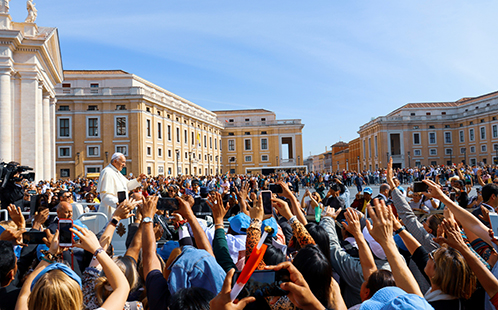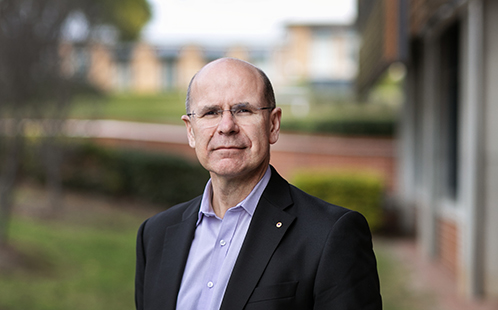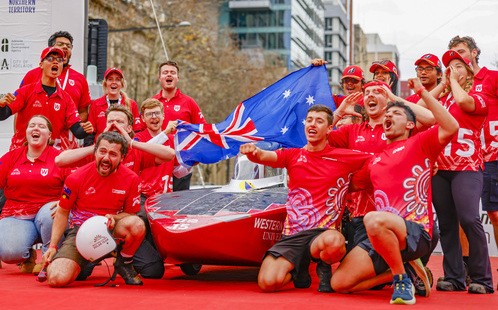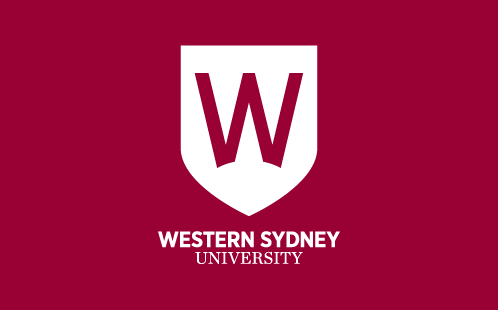Western Sydney University expert reflects on the legacy of Pope Francis in the Global South

Professor Cristina Rocha, Director of Religion and Society Research Cluster and School of Social Sciences at Western Sydney University, says that while most commentators on the legacy of Pope Francis have noted that he was the first Pope from South America, there has been less attention on how his papacy engaged with the region and the growth of Pentecostalism in the Global South.
“Pope Francis was elected at a time when many in the Global South were leaving the Church and turning to Pentecostalism – a more intense and all-encompassing form of faith,” said Professor Rocha.
“One of the side effects of his humble and pastoral attitude -- his caring for the poor, First Nation peoples, and those suffering from global inequality and wars – was a slowdown of this tide to a small degree.”
Professor Rocha notes that Pope Francis’ emphasis on social and environmental justice also helped create greater openness to the Catholic Church among former Christians and even non-Christians.
A notable example is the Amazon Synod (2019), which highlighted the Pope’s concern for both Indigenous communities and environmental protection.
“The concern with missionisation of these Indigenous and local communities was due to the dearth of Catholic churches and the large number of Pentecostal churches in the region,” she said.
“Establishing Catholic churches is usually a slow process due to the hierarchy and bureaucracy of the Church, and in the Amazon, this is compounded by the difficulty of the terrain and the small numbers of clergy. By contrast, Pentecostal churches spread very quickly as people may become pastors due to a call, a vision or a dream. Pastors can also be married and have children.”
As a way to counter the shortage of priests in the area, preliminary synod discussions considered the possibility of ordination of married priests and ministries for women. Pope Francis was open to these ideas, but they were short-lived since conservatives were against it.
“This small example shows that, although not always successful, Pope Francis was open to thinking outside the box to try to deal with difficult problems within the Church and in the world,” said Professor Rocha.
Cristina Rocha, FAHA, is a Professor of Anthropology and Director of the Religion and Society Research Cluster at Western Sydney University. Her research focuses on the intersections of globalisation, religion and (im)mobilities.
She is the author of Cool Christianity: Hillsong and the Fashioning of Cosmopolitan Identities (OUP 2024); the award-winning John of God: The Globalization of Brazilian Faith Healing (OUP 2017); and Zen in Brazil: The Quest for Cosmopolitan Modernity (Hawaii UP, 2006), among other publications.
ENDS
23 April 2025
Photo credit: Unsplash
Latest News

ABC RN transcript: Vice-Chancellor Professor George Williams discusses higher education sector, student support, and the impact of AI
The following is a transcript of an interview that aired on ABC Radio National Saturday Extra between presenter, Nick Bryant and Vice-Chancellor, Distinguished Professor George Williams AO.

Western Sydney University are the number one Australian solar car team at the 2025 Bridgestone World Solar Challenge
Western Sydney Solar Car team has crossed the finish line placing preliminarily sixth in the world overall, and the number one Australian team in the world’s most prestigious solar car challenge.

Western Sydney University Statement on Cyber Incidents
Western Sydney University has issued an update to its community following confirmation that previously stolen personal information was published online, including on the dark web.
Mobile options:

